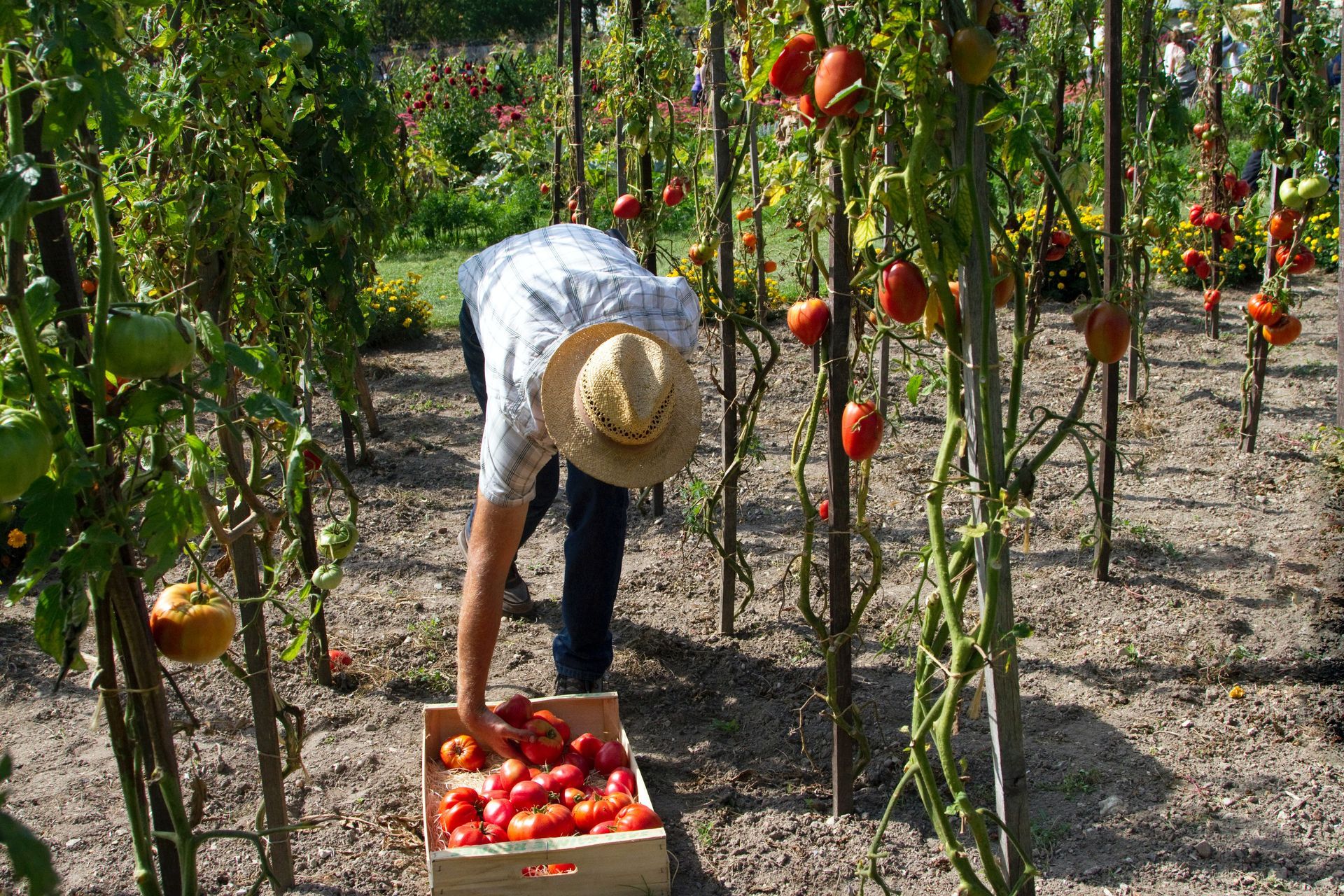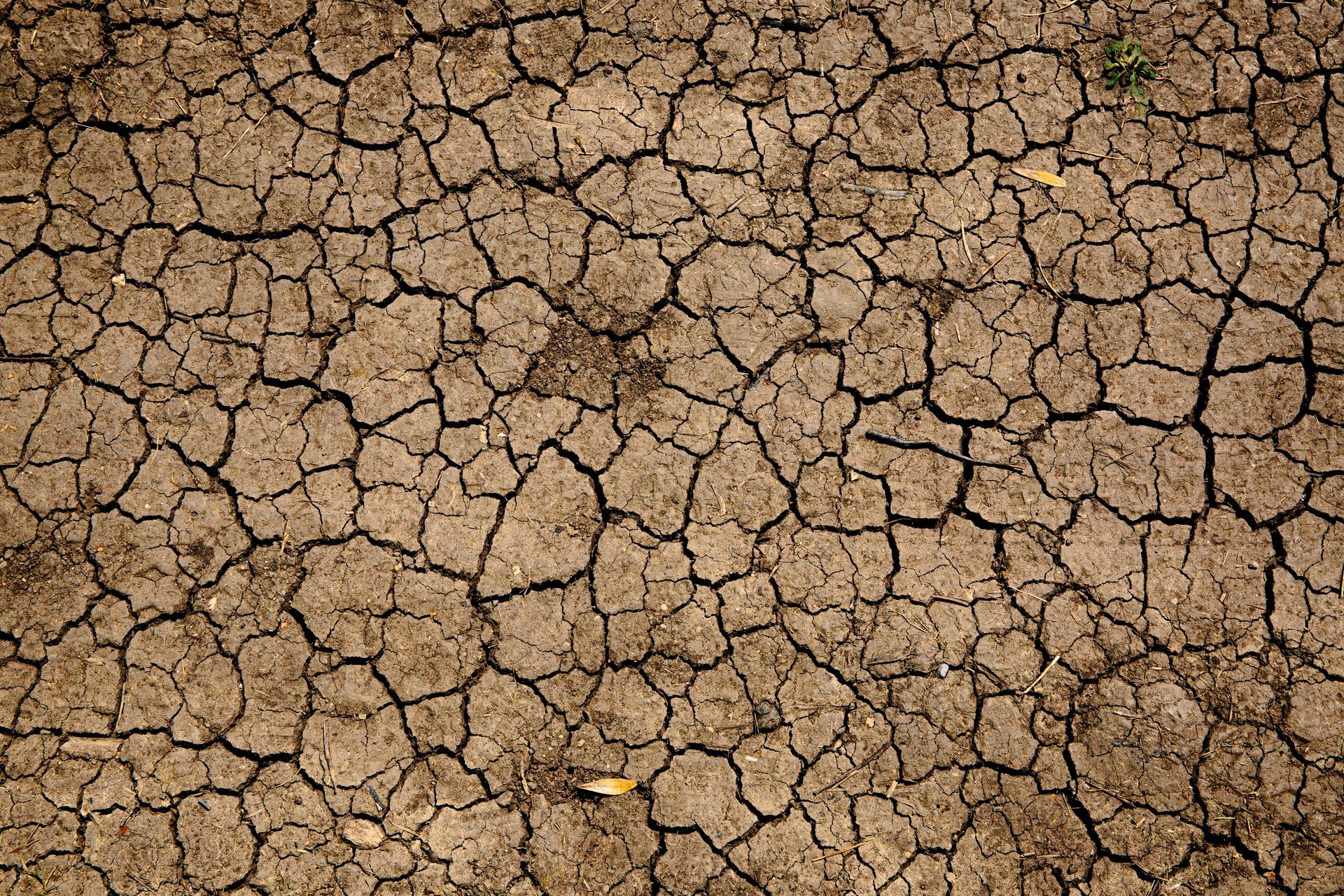The benefits and challenges of Organic farming
Organic farming is a way of farming that uses chemical-free pesticides and fertilizers to reduce the impact caused by the use of synthetic chemicals. Productivity increases with more yield. The main purpose of organic farming is to create chemical-free food for consumers while maintaining soil fertility. Unlike modern farming, organic farming helps restore the ecological balance. It has become popular in recent years due to its sustainability and natural practices. While organic farming may offer many benefits, there are also some challenges.
Benefits of Organic Farming
1. Better soil: Organic agricultural methods support soil maintenance and erosion prevention. As a result, the earth becomes healthier which results in healthier plants.
2. Improved nutrition: Organic produce is more nutrient-dense than produce that is grown conventionally because of the healthy soil in which they are grown. Vitamins and antioxidants are present in higher concentrations.
3. Environmental friendly: Organic farming is safe for the environment because no synthetic chemicals are used which can harm the ecosystem.
4. Decreased chemical exposure: As chemicals are used in organic farming, plants are less exposed to chemicals. The reduction in the usage of synthetic fertilizers helps to protect the ecosystem.
Challenges of Organic Farming
1. Costs: The production costs can be higher because organic farming requires more labour and inputs.
2. Lesser yield: Compared to traditional farming methods, the yield will be lesser which makes it hard to meet the food demand of the growing population.
3. Pest control: With no synthetic chemicals, farmers have to depend on natural pest controls and fertilizers which can be time-consuming and quite difficult compared to traditional farming.
4. Certification: To make sure that their products meet certain organic standards, farmers need to undergo a certification process that is difficult and high-priced.
In conclusion, while it may offer many benefits such as better soil and improved nutrition, there are also challenges such as lesser yields and higher costs. Despite these, many farmers have taken up organic farming as a healthy and sustainable way to grow food.
#organicfarming #organic #organicfood #farming #organicgardening#agriculture #farmlife #farm #healthyfood #ecological #organicfarm#gardening #nature #sustainablefarming #healthylifestyle #garden #food#vegetables #natural #farmer #farmers #organicproducts #sustainableliving#organicvegetables #vrikshaagro #agroinputs #chemicalfree


